What life is like in Dearborn, Michigan - deemed the Arab capital of North America
Located just outside of Detroit, the city of Dearborn is home to the nation's most densely populated Arab community.

When the US invaded Iraq in 2003, Middle Eastern families began to flee their war-torn countries in search of safety and prosperity. Many came to Dearborn, where a Lebanese enclave formed after the first Gulf War.
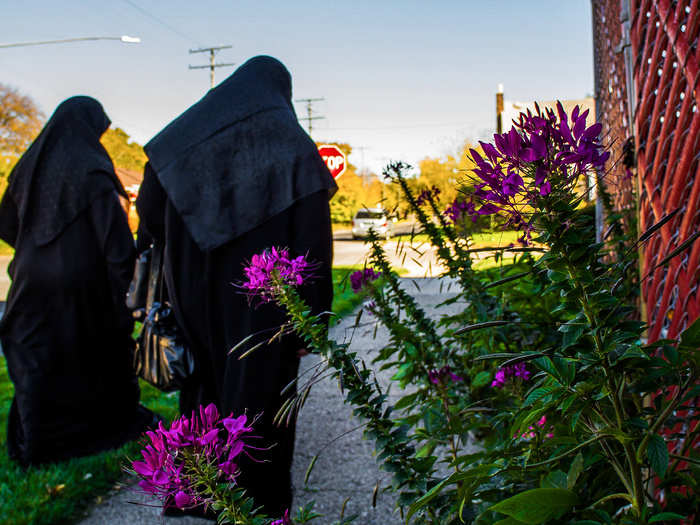
Today, over 30% of Dearborn's 98,000 residents are of Arab descent. While intolerance occasionally crops up among local protesters and bloggers, the community finds strength and solidarity in numbers.
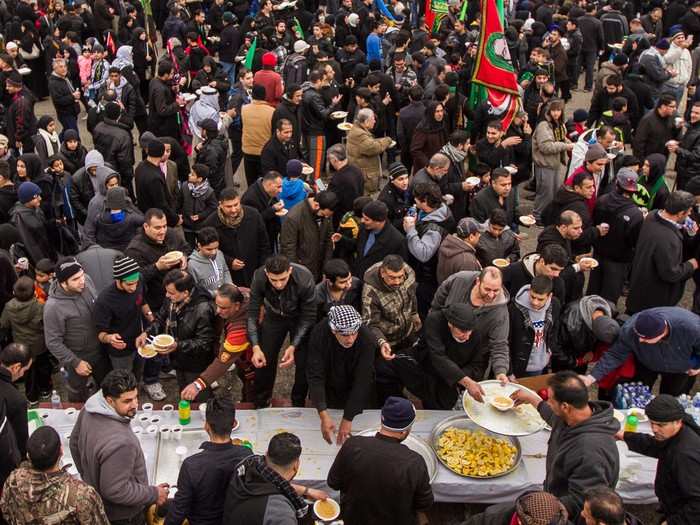
Source: US Census, Detroit Free Press
Photographer Salwan Georges and his family left Iraq more than 10 years ago and lived as refugees in Syria. He visited Dearborn on his second day in the US but settled elsewhere in the state.
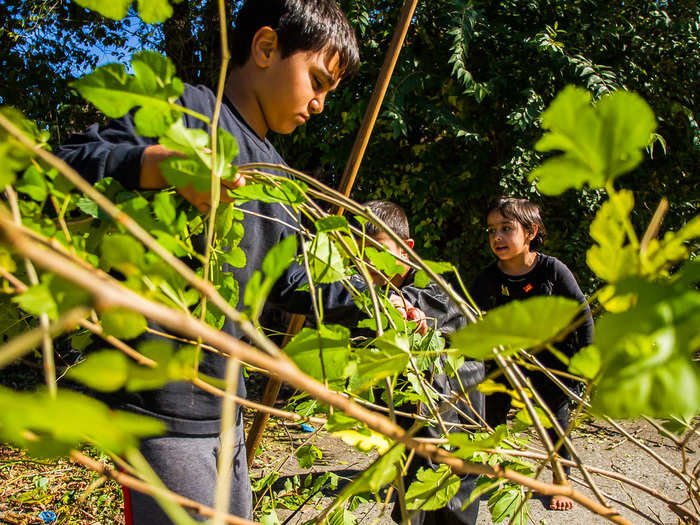
After visiting Dearborn for many years, I decided it was time to tell the story of those people," Georges told Business Insider. "I wanted to tell the world about Iraqi traditions.
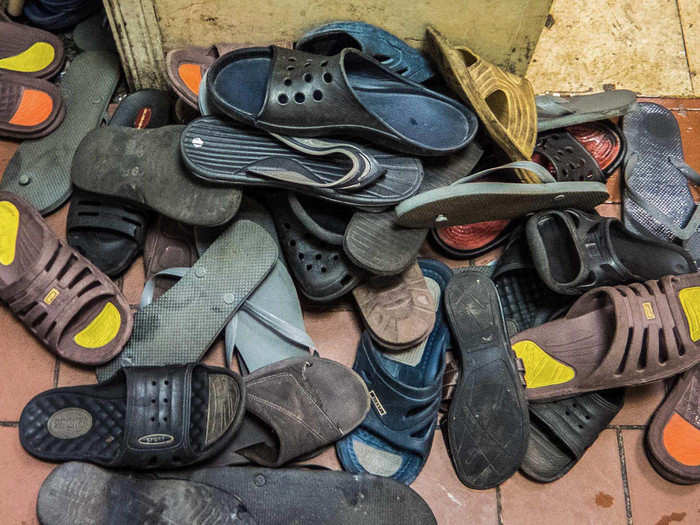
While Dearborn's Arab population is made up of Iraqi, Lebanese, Palestinian, and Yemeni refugees, Georges focused his project on people who shared his Iraqi heritage.
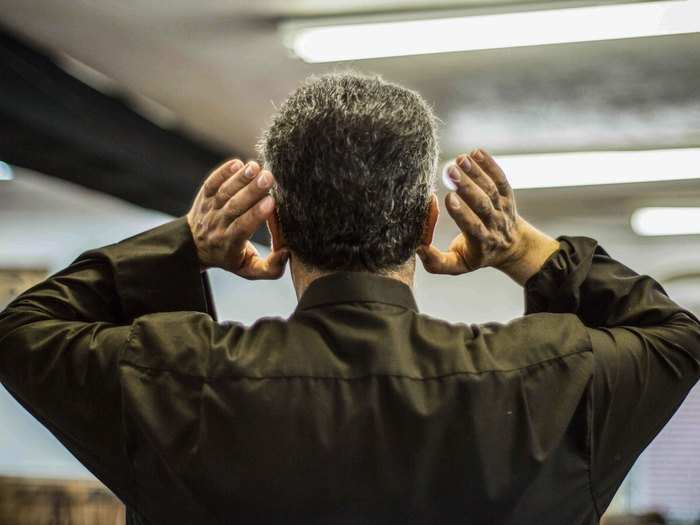
Source: National Journal
"Little Iraq" surrounds Dearborn residents with reminders of home, such as ethnic groceries, mosques, Islamic schools, and the Arab-American National Museum.
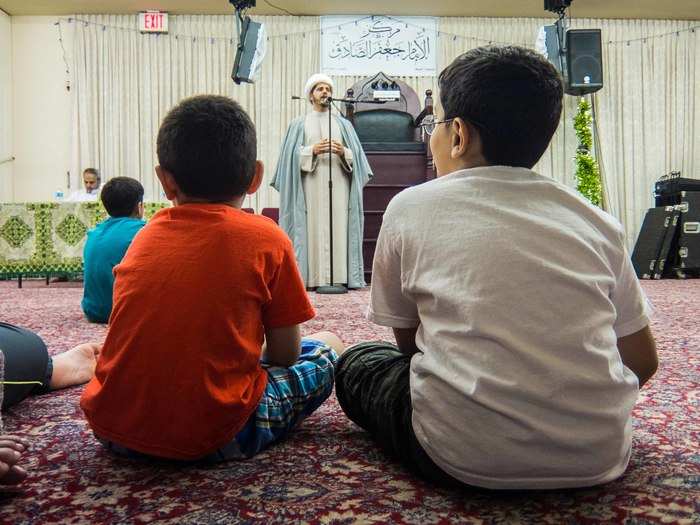
In Alraffedean Cafe, a local coffee house where Iraqi immigrants meet daily after work, the conversation always circles back to life at home.
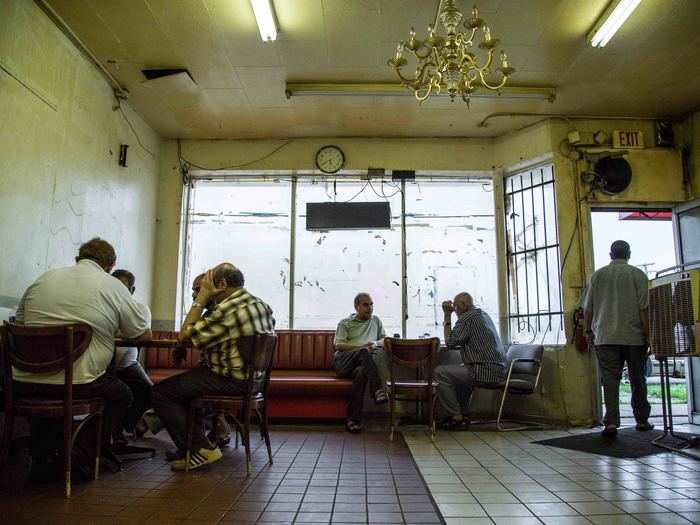
Customers can often be found playing a game of Taolee, or Backgammon, just as they would do in coffee houses in Iraq.
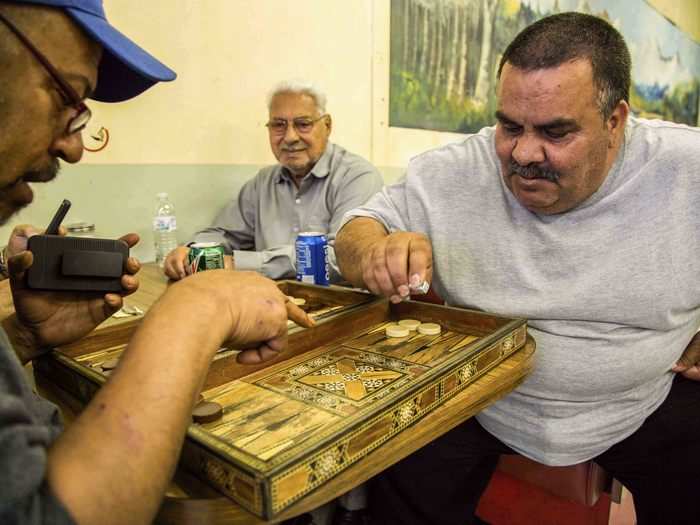
Even the graffiti comforts homesick hearts. Under a dilapidated food stamp sign is an Arabic phrase, "Mashallah," which means appreciation, joy, and praise.
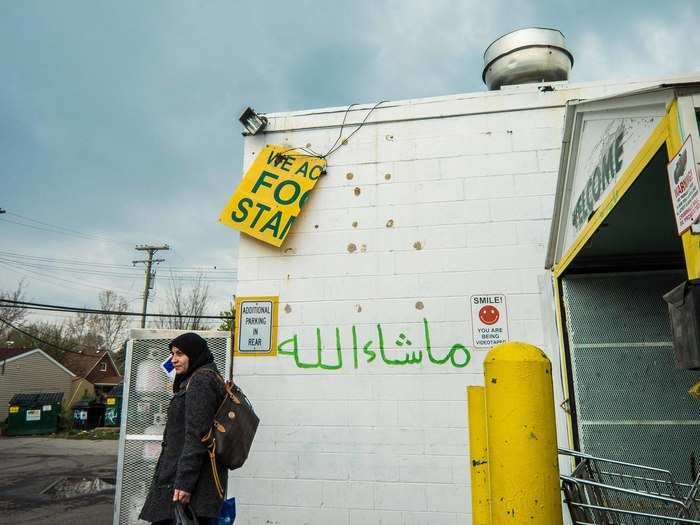
The community upholds its religious traditions. In December, roughly 6,000 Shia Muslims marched through Dearborn to commemorate Ashura, an Islamic celebration of the late Imam Hussain.
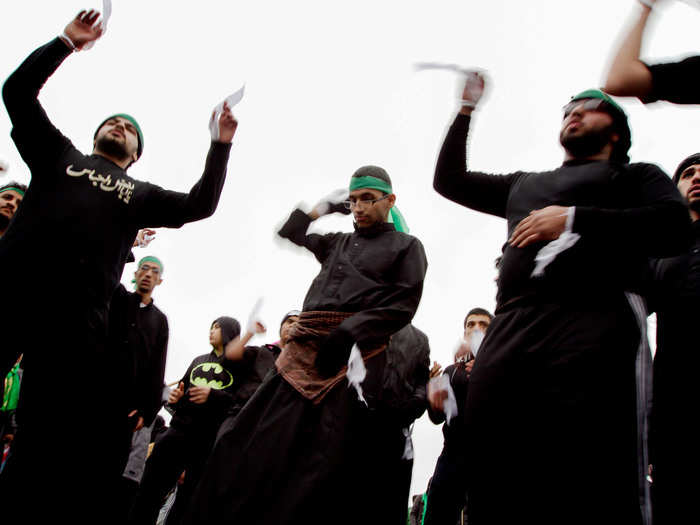
Speakers from around the world flew in to deliver lectures and services over the 10-day holy holiday.
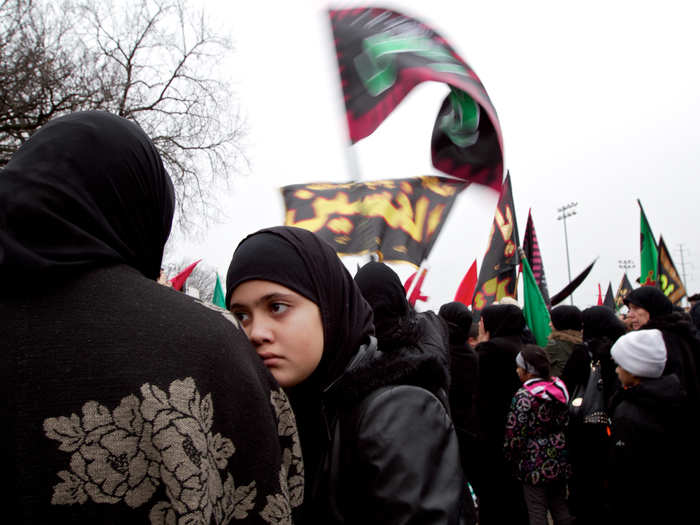
Source: Detroit Free Press
Georges began photographing men of all ages during the holy month of Ramadan, an Islamic tradition that requires participants to fast during daylight hours.
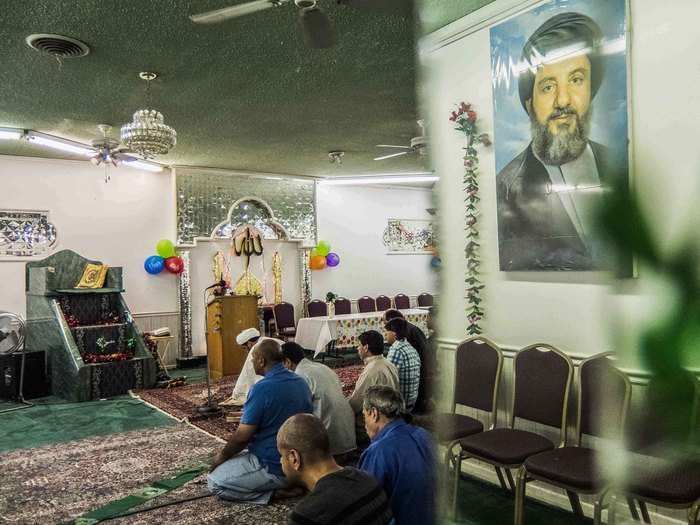
At many of the Islamic centers and mosques, men who have lived in the US for years help acclimate the newcomers by serving free meals at the end of each day.
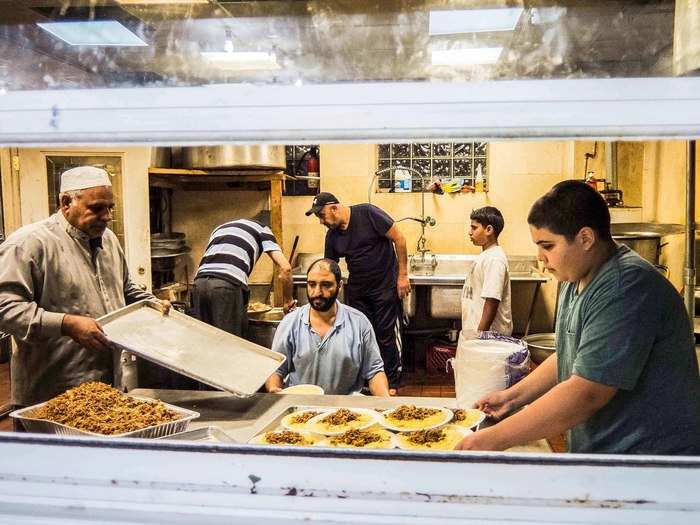
This young Iraqi boy helped his father grill buffalo fish, one of the most popular fish entrées in Iraq, over a fire pit.
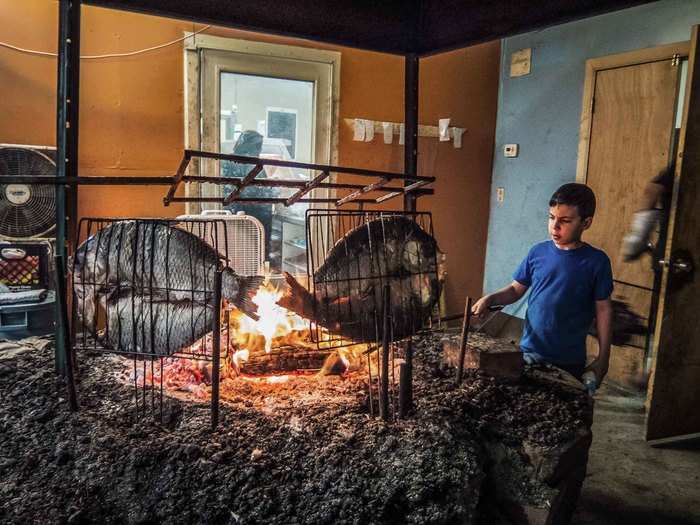
Sharing a meal is an important tradition in the Iraqi culture," Georges says. "If they see you are hungry, many people will offer food or any help.
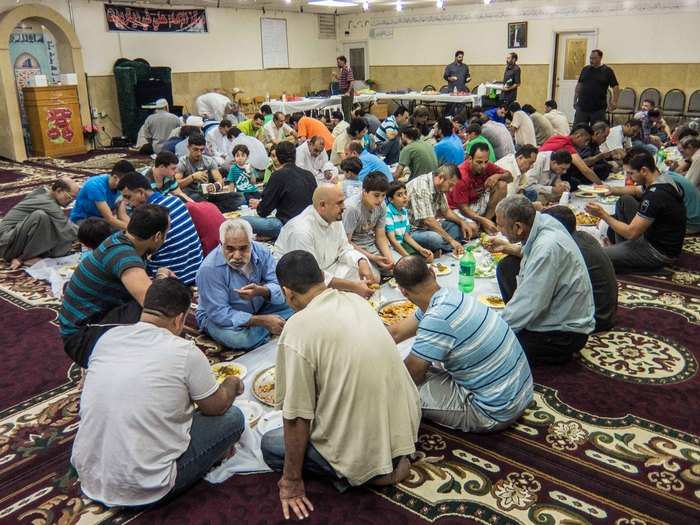
Detroit resident Mosahen Alhelfe, 33, says he volunteers in the kitchen whenever he can. "There are many people in need here in the United States, especially in Michigan," Alhelfe says. "I chose to help just like how people helped me when I first came here."
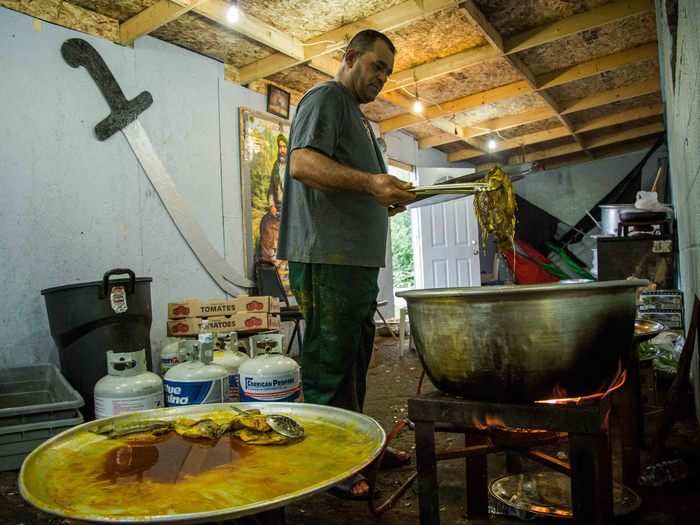
Gratitude resonates with many Dearborn residents. Abo Sajad emigrated from Iraq with his family in 1979 and made it to the states two decades later. "I thank America for giving us a second chance and a future for my children," he says.
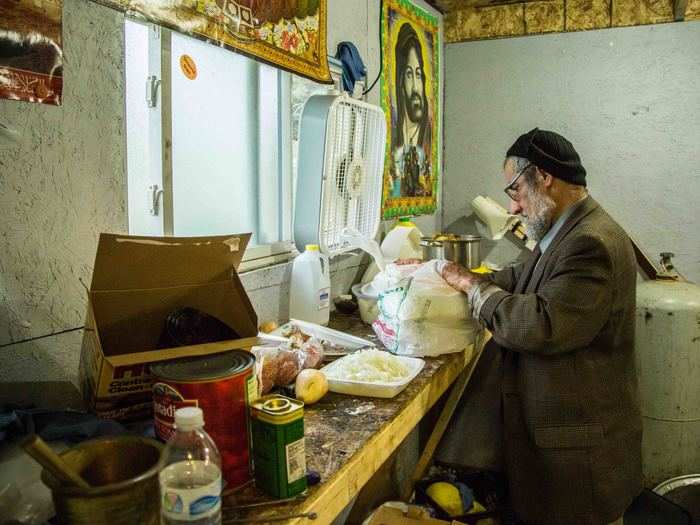
Here's what a traditional meal looks like.
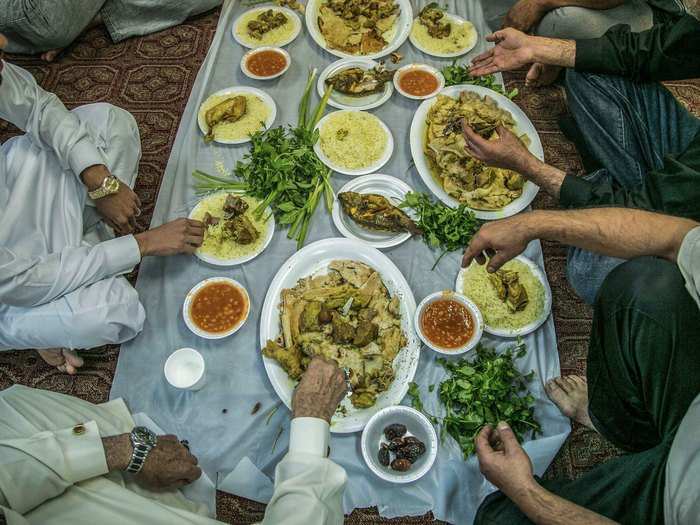
Still, many Iraqis living in Dearborn struggle with their identity.
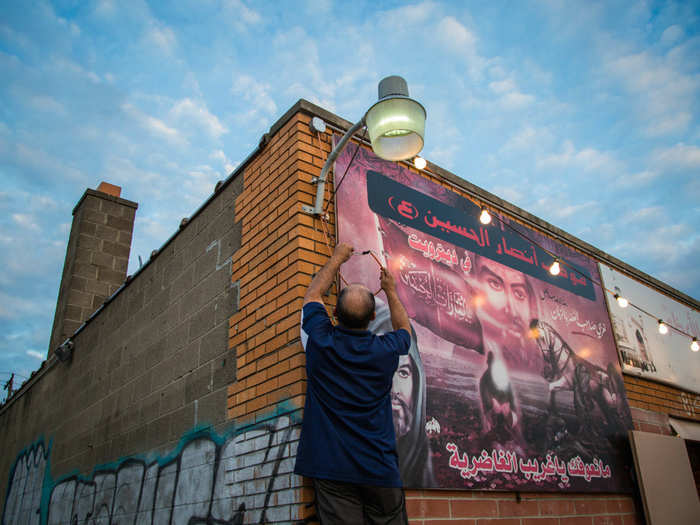
Many still live a similar life as they used to back home ... because of the amount of markets, businesses, and houses of prayer that are available to them," Georges says. "Except, they are in a new country. [They] face some problems with being fully Arab or becoming more American.
![Many still live a similar life as they used to back home ... because of the amount of markets, businesses, and houses of prayer that are available to them," Georges says. "Except, they are in a new country. [They] face some problems with being fully Arab or becoming more American.](https://staticbiassets.in/thumb/msid-46762830,width-700,height-525,imgsize-611864/many-still-live-a-similar-life-as-they-used-to-back-home-because-of-the-amount-of-markets-businesses-and-houses-of-prayer-that-are-available-to-them-georges-says-except-they-are-in-a-new-country-they-face-some-problems-with-being-fully-arab-or-becoming-more-american-.jpg)
Some members of the older generations still dream of home.
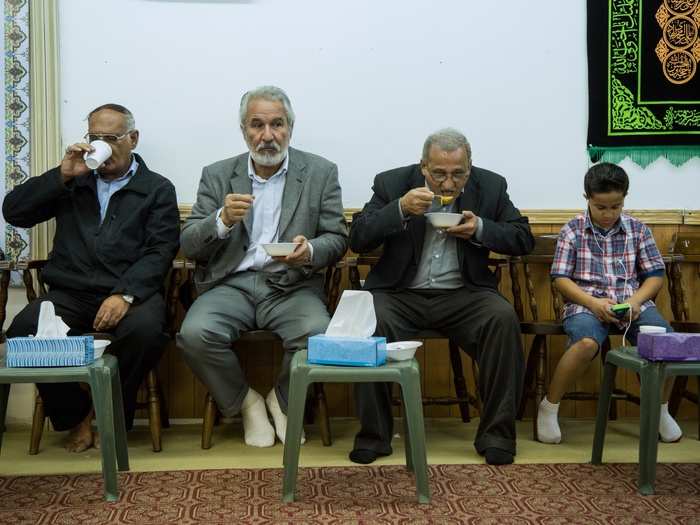
Karim Makhzom, 77, fled the Iraqi government 26 years ago. "I was forced to leave my family and the country that I was born in," Makhzom says. "Since then I have been trying to reach my family back home. I have not lost hope in finding them yet."
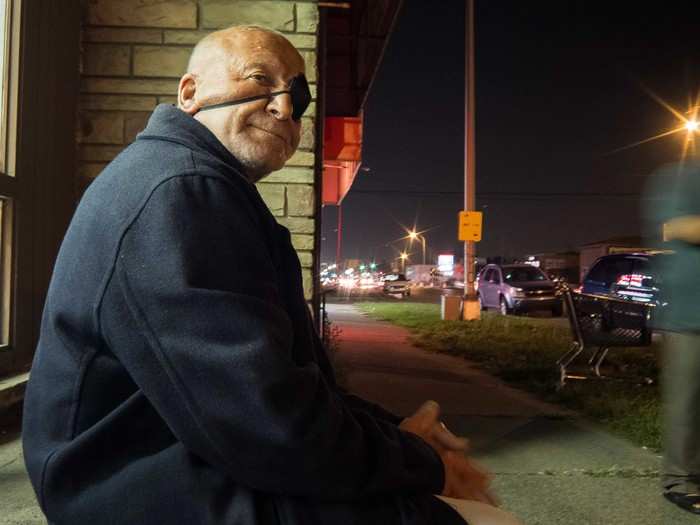
Explore another part of the globe.
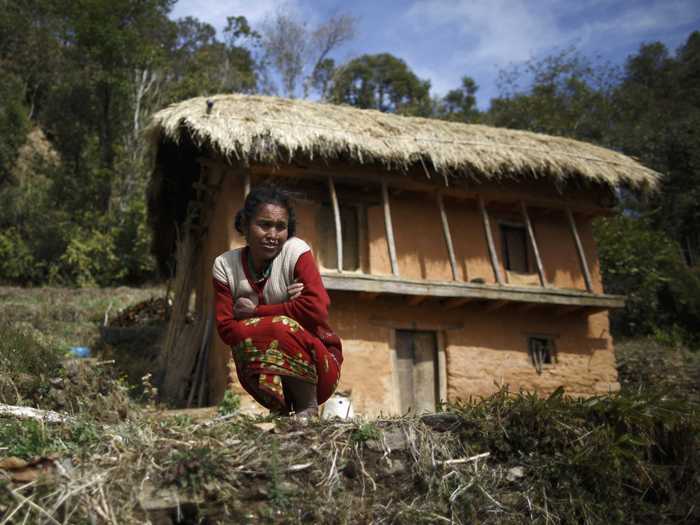
Popular Right Now
Popular Keywords
Advertisement